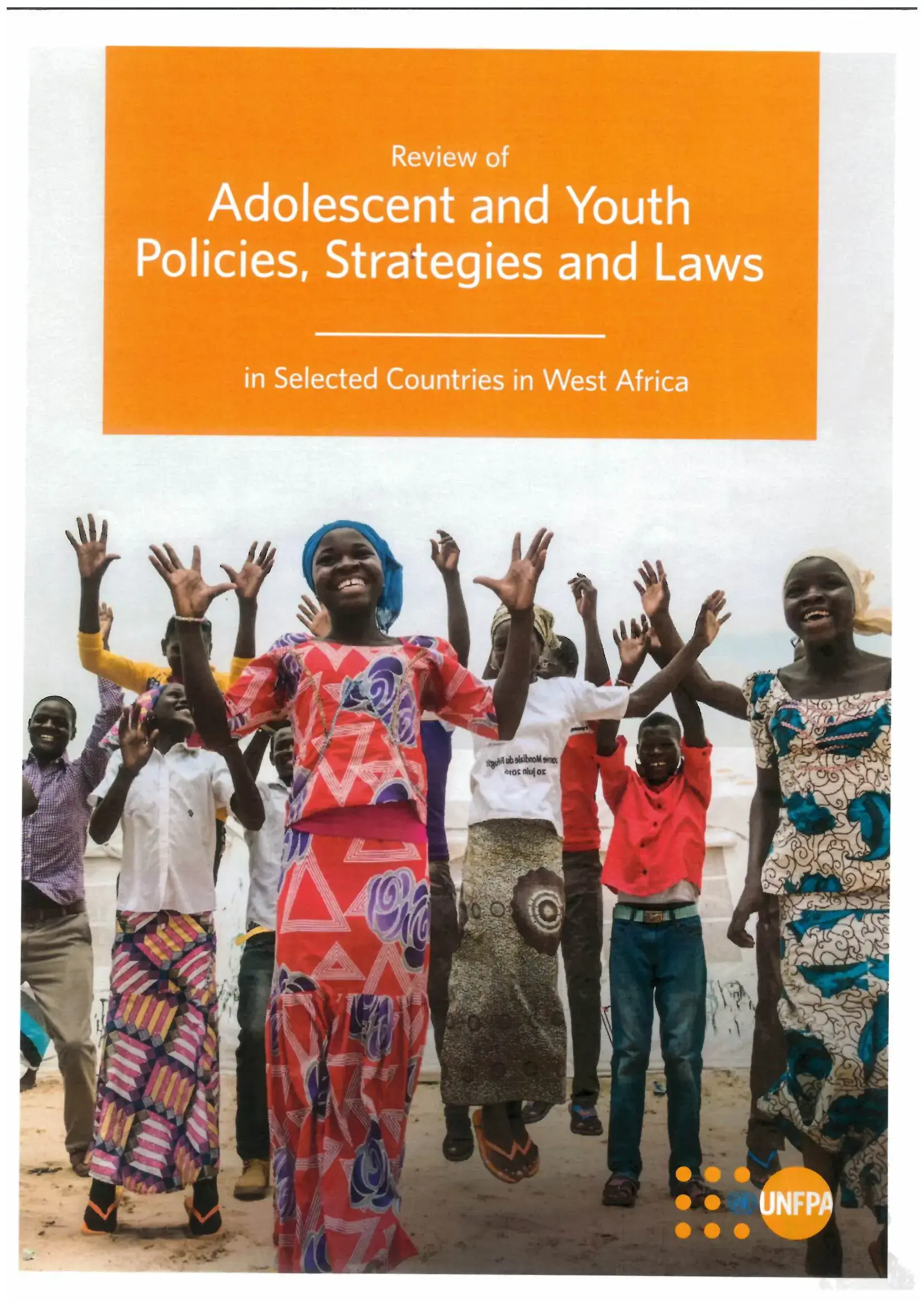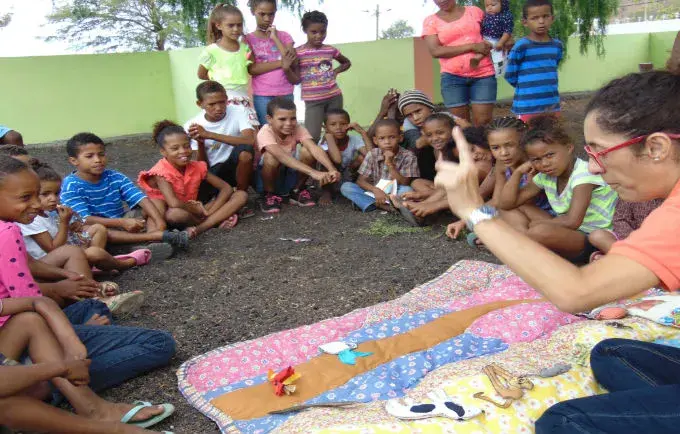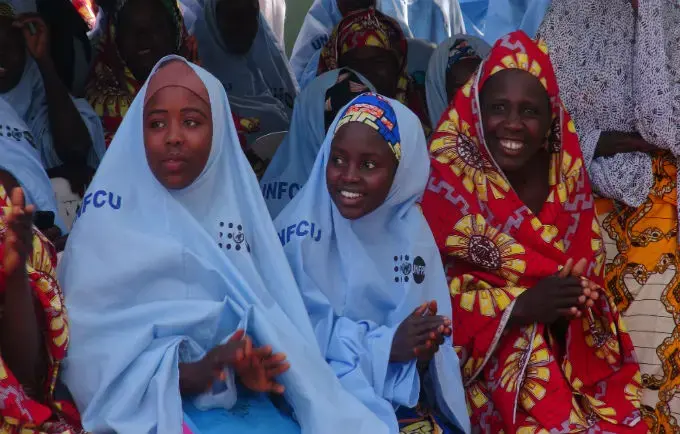Adolescent health and development are key foundations for a country’s economic development and political stability. The outcomes of adolescent health are closely linked with future adult development, infant and child mortality, maternal morbidity and mortality, and even long-term economic development. Adolescents and youth in West and Central Africa (WCA) face considerable challenges in terms of their health, education, employment and empowerment. Adolescent girls are particularly vulnerable.
This region has some of the highest child marriage rates in the world with two out of five young girls married before the age of 18 years.
It is also the region with the largest percentage (28 percent) of women between the ages of 20 and 24 years who reported a birth before the age of 18 years as well as the largest percentage (6 percent) of reported births before the age of 15 years.
This report includes a review of policies and strategies on child marriage, adolescent and sexual health (including adolescent pregnancy strategies that often integrate child marriage issues); other health policies and strategies that have an impact on adolescents and youth (such as reproductive health policies) and education and youth policies with a focus on youth employment. In addition, there is a legal analysis of laws related to age of marriage as well as laws impacting adolescents’ access to SRH services, such as age restrictions to contraceptive services and HIV counselling





